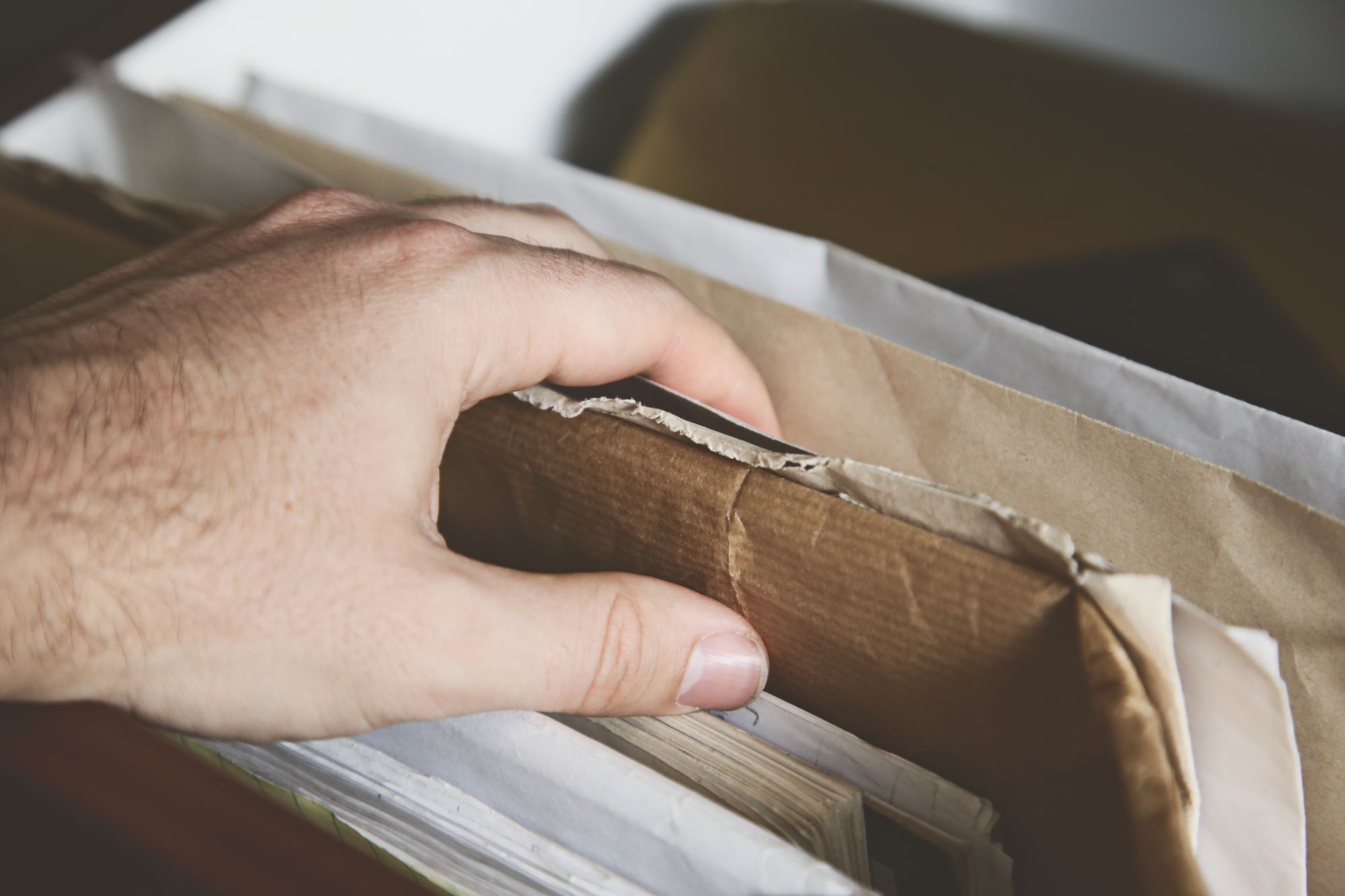Hiding and/or losing objects
People with dementia can search for things they believe they have lost and get upset about it. Sometimes they have forgotten where they put the item and sometimes the item doesn’t even exist but is a memory from the past. Hidden or lost objects can be a source of much concern for the person with dementia, and they might think that someone stole it. It can be really upsetting for you, especially if you are accused of stealing.
Reassure and help the person with dementia.
The person with dementia might be worried sick and perhaps accuse other people of having stolen something. Try to reassure the person that you will help find the lost object and that there are no thieves in the house. Finding the object will probably be sufficient to resolve the problem. Try to remain calm to avoid an over-reaction from the person with dementia.
Don’t take accusations personally.
It may be difficult not to take an accusation personally or be offended. Remember that the behaviour is a result of the disease. As a result of the disease, the person may be more suspicious of people than they were before, and therefore believe that lost objects are stolen.
Keep track of where objects are kept and where they tend to be hidden.
Try to notice where the person with dementia leaves or hides items. Maybe the lost object will turn up in the same place next time it’s lost. Try to reduce the number of possible hiding places for objects by locking drawers and cupboards if possible. Remember that the person with dementia might put things in unusual places, so check wastepaper bins and laundry baskets before emptying them.
Keep copies of important objects.
Sometimes the person really does lose something. To avoid problems, you could obtain copies of important items such as keys, reading glasses or documents.
https://www.alz.co.uk/



https://www.dementiaguide.com/
Comments
Sign in or become a DemiCare member to join the conversation.







